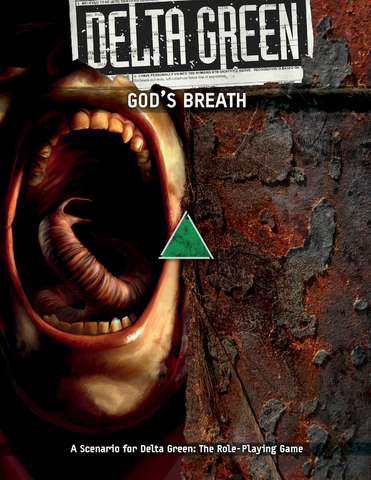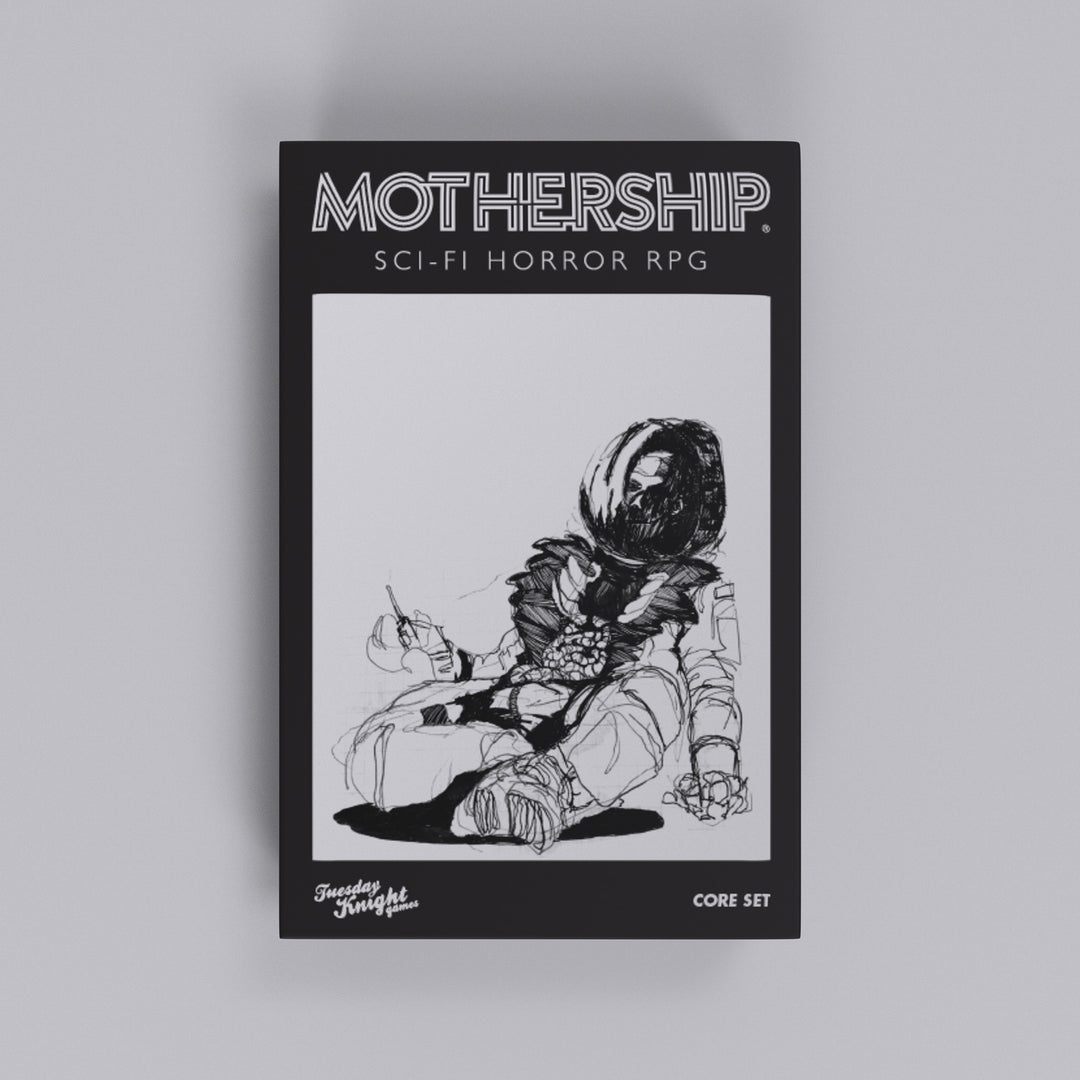Call of Cthulhu Horror; Cosmic Horror; Investigation; Skill-based; Bleak; Psychological; Resource Management
Call of Cthulhu is a tabletop roleplaying game rooted in Lovecraftian horror, emphasizing investigation, sanity, and the insignificance of humanity in the face of cosmic entities. Unlike many RPGs focused on character power progression, CoC often leads to character death or insanity. This report details the game's themes, mechanics, unique aspects, and target audience.
Theme and Setting
Call of Cthulhu is deeply entrenched in the horror fiction of H.P. Lovecraft, revolving around the Cthulhu Mythos. Investigators confront cosmic horrors, ancient entities, and hidden cults, often set in the 1920s, echoing many of Lovecraft's original stories. The game has expanded its settings through supplements like Cthulhu by Gaslight (1890s England), Cthulhu Now (modern era), Cthulhu: Dark Ages (1000 AD), and even settings in the far future or ancient Rome. The core theme revolves around fear of the unknown, the fragility of sanity, and the struggle against forces far beyond human comprehension.
Core Mechanics and Rules
The game uses Chaosium's Basic Role-Playing (BRP) system, a percentile-based system (rolling d100) where players aim to roll under their skill values. For example, a Stealth skill of 50 means a player has a 50% chance of succeeding at a stealth-related task. Success can lead to skill improvement. The game is skill-based, meaning there are no levels. A key mechanic is the Sanity (SAN) score, representing a character's mental stability. Encountering Mythos entities and forbidden knowledge leads to Sanity loss, potentially resulting in temporary or permanent insanity. Combat is tactical, but often less emphasized than investigation and narrative choices. Player characters are typically ordinary individuals â detectives, scholars, artists, veterans â not inherently powerful heroes.
What Makes It Unique
Call of Cthulhu distinguishes itself from other RPGs through its focus on horror and investigation rather than combat-driven adventure. Unlike games where characters grow in power, CoC emphasizes character fragility and the inevitability of doom. The Sanity mechanic is a core element, reflecting the psychological toll of encountering cosmic horrors. The game frequently uses what some refer to as the "Onion Skin" approach, where investigations begin innocently but peel back layers to reveal global conspiracies and mind-numbing truths. Player characters are often more focused on research and outsmarting their foes than direct confrontation. The emphasis is on narrative-driven gameplay and creating a sense of foreboding.
Target Audience and Player Experience
Call of Cthulhu appeals to players who enjoy narrative-focused campaigns, horror themes, and investigative gameplay. The game is well-suited for those who prefer social intrigue and character customization over tactical combat, though the latter is still present. The player experience is designed to evoke a sense of dread, mystery, and the overwhelming power of the unknown. Investigators are encouraged to work together, using their diverse skills and backgrounds to uncover clues and confront the Mythos, knowing that ultimate victory is never guaranteed and that even success can come at a terrible price. The game is favored by those seeking a departure from traditional fantasy RPG power fantasies, offering a more grounded and psychologically challenging experience.



